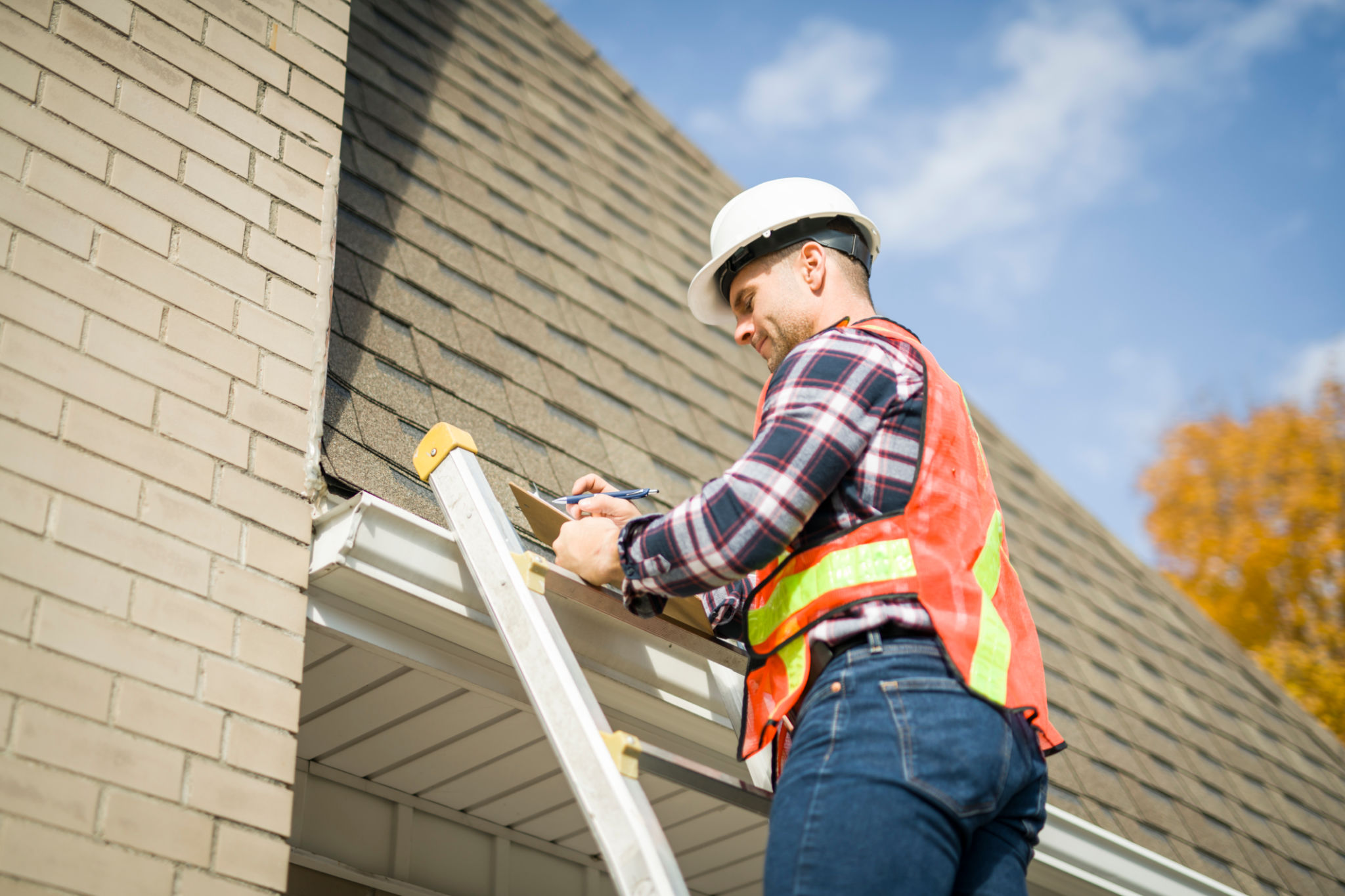Roof Replacement vs. Repair: How to Decide What's Best for Your Home
Understanding the Basics of Roof Repair and Replacement
When it comes to maintaining your home, the roof is one of the most critical components to keep in good condition. Over time, you may face the decision of whether to repair or replace your roof. Both options have their advantages and disadvantages, and understanding these can help you make an informed decision.

When to Consider Roof Repair
Roof repair is often the go-to solution for minor issues. If you notice small problems such as a few missing shingles, minor leaks, or slight damage from a recent storm, repair might be the best option. By addressing these issues early, you can extend the life of your roof without the need for a complete replacement.
One key factor to consider is the age of your roof. If it is relatively new and well-maintained, repairs can be a cost-effective way to preserve its integrity. Regular maintenance and prompt repairs can prevent minor issues from escalating into major problems.
Signs That You Need a Roof Replacement
There are certain situations where a full roof replacement is more appropriate. If your roof is nearing the end of its lifespan, generally 20-25 years for asphalt shingles, it may be time to consider a replacement. Other signs include extensive damage, such as widespread leaks, sagging, or significant shingle loss.

A roof replacement can provide peace of mind, ensuring that your home is protected against the elements for many years to come. It also offers an opportunity to upgrade your roofing materials for better durability and energy efficiency.
Cost Considerations
Budget is often a significant factor in the decision-making process. Roof repairs are generally less expensive upfront compared to a full replacement. However, if your roof requires frequent repairs, these costs can add up over time. In contrast, while a roof replacement involves a higher initial expense, it can save money in the long run by reducing repair frequency and improving energy efficiency.

Environmental Impact
Another aspect to consider is the environmental impact. Opting for repairs can reduce waste by extending the life of existing materials. On the other hand, a new roof can incorporate sustainable materials that are more environmentally friendly. Additionally, newer roofing systems may offer better insulation, leading to reduced energy consumption.
Consulting with Professionals
Before making a decision, it's wise to consult with roofing professionals. They can provide an assessment of your current roof's condition and offer recommendations based on their findings. A professional evaluation can help you weigh the pros and cons of repair versus replacement specific to your home’s needs.
Ultimately, the choice between roof repair and replacement depends on various factors, including the age and condition of your roof, budget constraints, and personal preferences. By carefully considering these factors and seeking expert advice, you can make the best decision for your home.